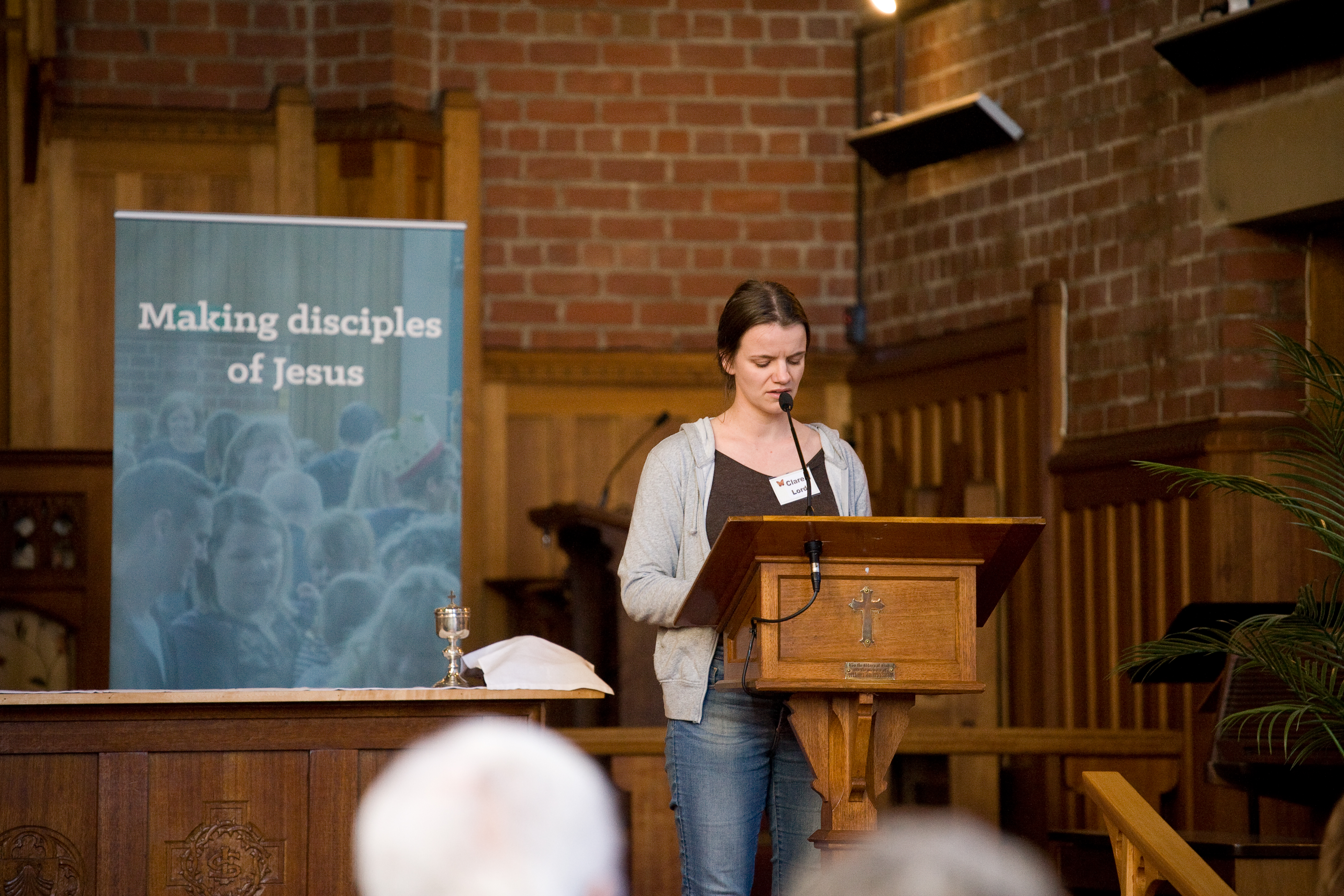Euthanasia and Choice
Euthanasia advocates say allowing sick people to kill themselves with the help of doctors increases the choices people have. They are correct, but not in a good way!
In the recent debate in Tasmania’s Legislative Council around the Assisted Suicide and Euthanasia Bill The Hon Sarah Lovell said in her speech,
“I believe in the right to live a life of dignity. Fundamentally, this comes down to choice – being empowered to make choices about our own lives, our health care, including at the end of our lives”.
This kind of sentiment was repeated time and time again by politicians in our parliament from all sides of the chamber. Now putting aside, the bigger question about whether the ability to make choices is what gives dignity, (apparently babies and people with severe mental disabilities don’t have dignity?) let’s think about this assertion: That maximising individual choice is what our parliaments should seek to do. I want to posit that if this is your point of view then you ought to vote and campaign AGAINST euthanasia. Why? Because a society that practices euthanasia in order to maximise choice for a few, actually achieves less choice overall.
Why is that? Simply put, euthanasia creates pressure to die, robbing many people of the choice to live by giving the choice to some to die. Imagine Euthanasia was legalised and you are diagnosed with a terminal disease and given a year to live. In a world without Euthanasia, you receive medical care, attempt trials, and eventually begin a palliative care process. That process is costly. It’s costly for your loved ones watching you suffer and it's costly for the taxpayer, and your private health fund if you have it, in providing your care. In a world where we have euthanasia, we’re not simply saying you now have the choice to die before you suffer inevitable pain, but in fact, we’re putting the choice to die in front of every sick person who meets the criteria. Inadvertently, subtly, in a world with euthanasia we now are asking the terminally ill to make a new choice when they are diagnosed, tell us why you should choose to live? Tell us why you're worth the cost, especially given at some point you may be incapable of making choices and therefore we will be bearing the burden of your undignified life! Essentially, justify your life, because we think you should 'die with dignity'. Euthanasia means we’ve now made the choice to live, more difficult for the terminally ill.
But it's not just the ill who face this choice, let's consider the elderly. Many of us have heard our elderly parents or grandparents say things like “I don’t want to be a nuisance”. In a society that says choosing to die is dignified, there becomes an unspoken pressure on all our elderly to consider whether or not at 70 or 80 years of age they shouldn’t just stop being a nuisance. That pressure only increases when you consider the various illnesses that plague us as we age. With euthanasia we actually pose the question to all our elderly, why make us bear the cost of your deteriorating life? When you add into the mix that we are experiencing a crisis of elder abuse in our community, then the general feeling of nuisance, plus the potential for actual abuse means that we may in fact be robbing people of the choice to live. Of course, I hope I'm wrong, but in places like The Netherlands which are 20 years or more down the road from legalising euthanasia, these are the consequences we see.
The ability to make a choice is an important part of life. But we don’t make our choices in a vacuum. I may not currently have the choice to end my life with the help of a Doctor if I’m diagnosed with a terminal illness, but because I don’t have that choice many of the most vulnerable in our community aren’t been forced to justify their choice to live! In the end, I believe the debate around euthanasia is actually not about choice. It’s about what we as a society think is a valuable, dignified human life. This brings us back to the original premise, that it is the ability to make choices that brings dignity. If that is the basic assumption used to pass euthanasia today, then it will be the assumption used to extend euthanasia in the future. As we’ve seen in places like The Netherlands the practice will inevitably include more people who either believe they are under threat of being unable to make choices (eg. people with not just terminal but also chronic illness), or people who ‘we’ believe are currently incapable of making choices (physically and mentally disabled people). Again, I hope I'm wrong but experience tells us otherwise.
A dignified life is not found through making choices but through our very being. A dignified society is one that considers the consequences of our actions on the most vulnerable. I hope that just as we've done during the COVID19 pandemic, seeking to protect the vulnerable at great cost, we likewise will choose to say no to euthanasia.
Next Steps
Continue to explore the faith life of our church including our other ministries, upcoming events, and service opportunities.

